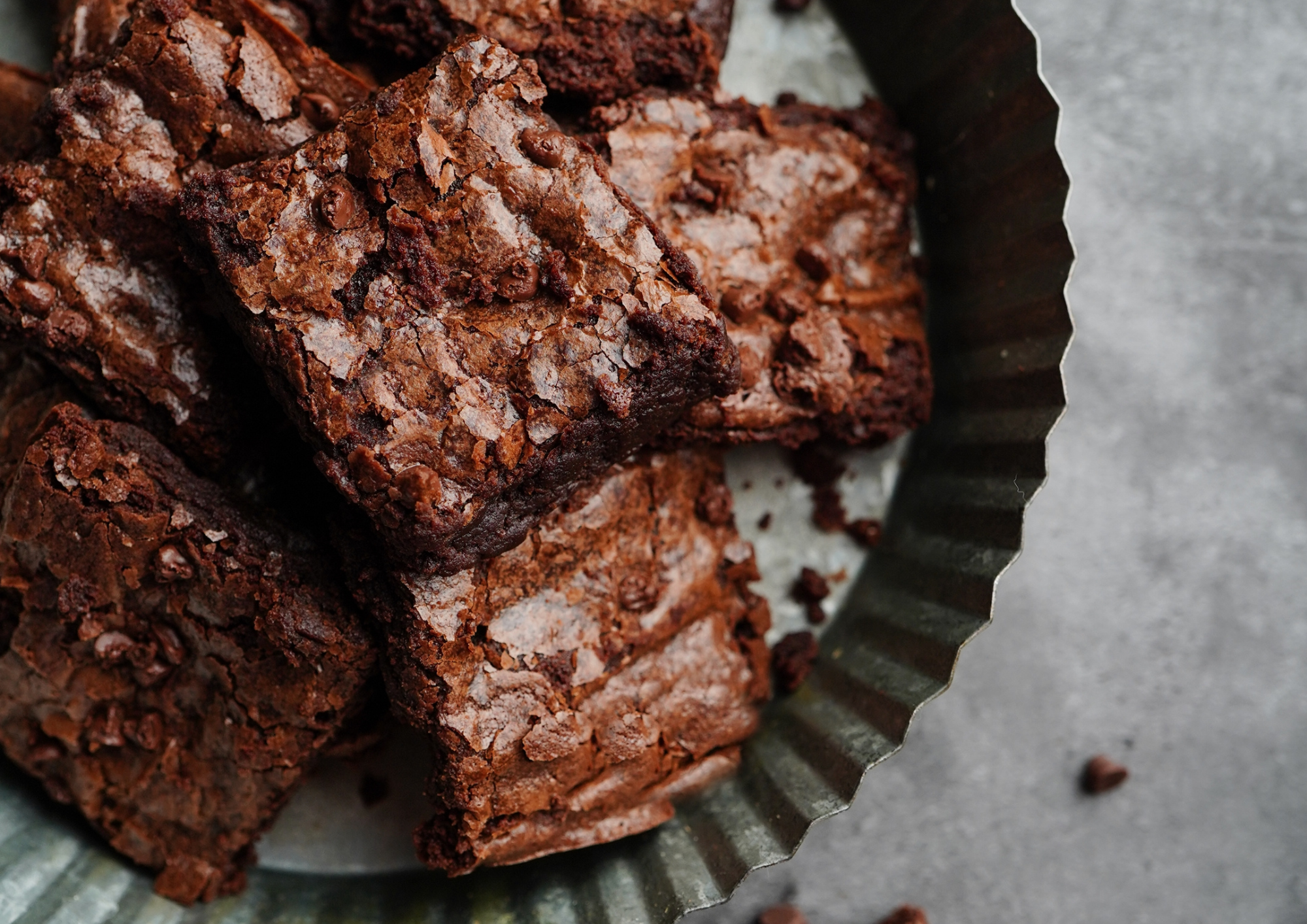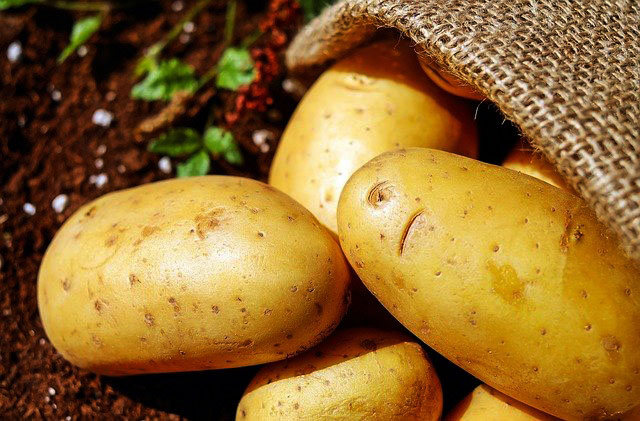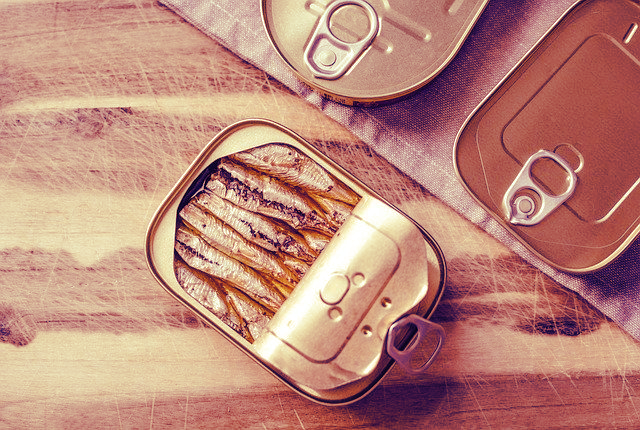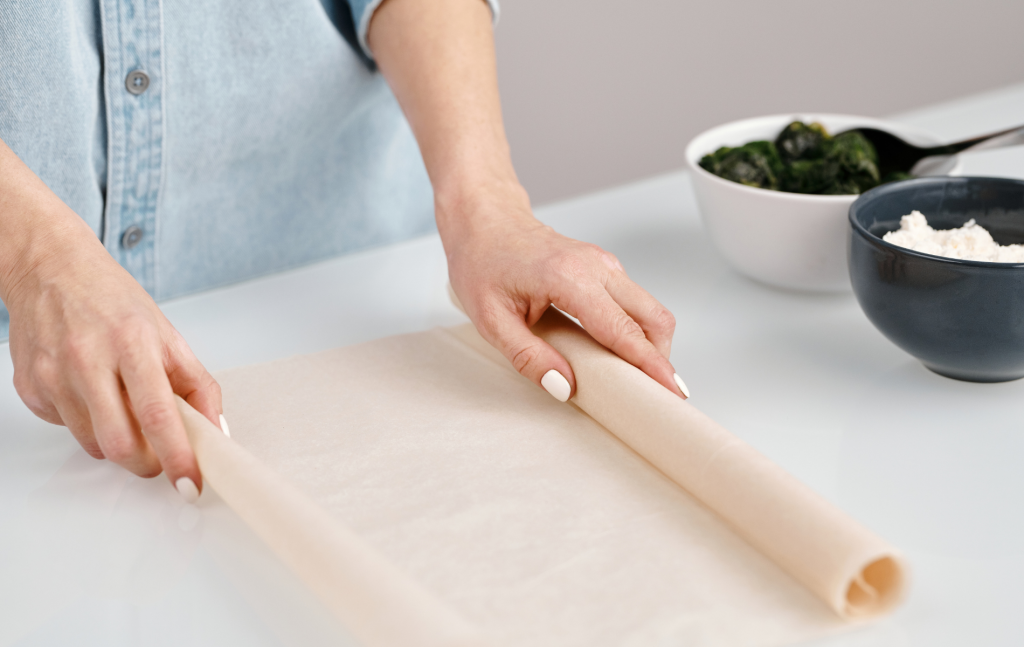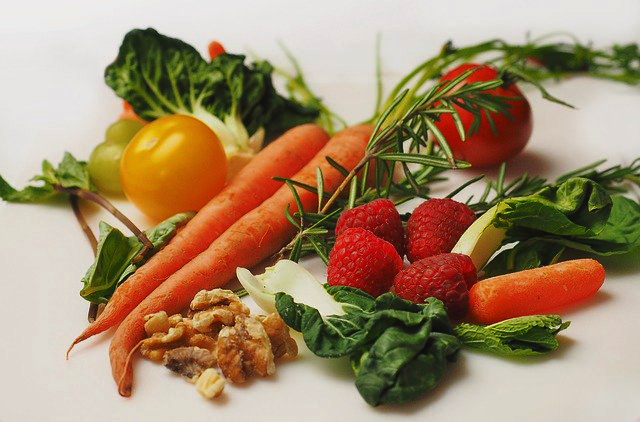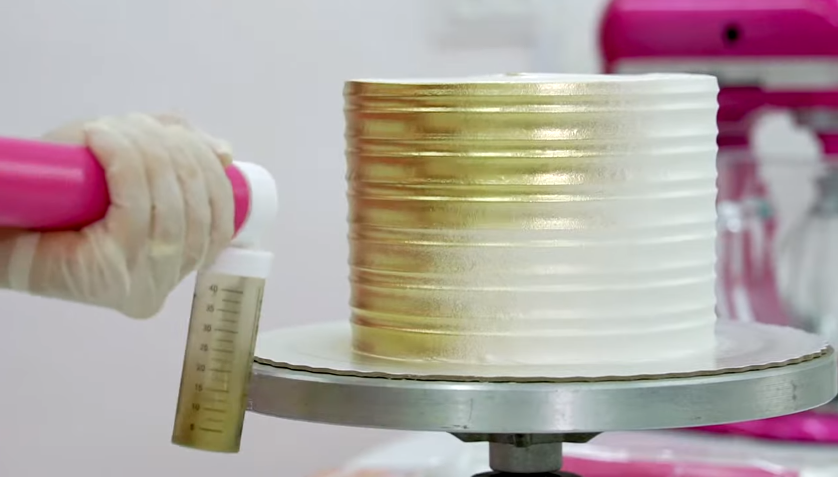Good for you. Brining, or soaking meat in a saltwater/seasoned water bath is an excellent way to add flavor and juiciness to meat. As you have found out, it is a wonderful way to produce an exceptionally moist, flavorful Thanksgiving turkey. But the method works for other meats and seafood as well.
Although it is an age-old process that was more used for preserving meats than adding flavor, restaurants and some home cooks are now using it extensively. While it’s in the brine, the meat cells absorb liquid and any flavoring you’ve used, carrying it deep into the meat. The result is meat that’s seasoned through and through and much harder to dry out.
Indeed, one of the great weaknesses of the versatile chicken breast - its tendency to dry out and turn to rubber - can be corrected by brining. And as Bruce Aidells, author of The Complete Meat Book and the Complete Sausage Book, says, "unless you're really careful, it's damn near impossible to produce a decent pork chop without brine." A brined chop will stay moist even if it's cooked a little too long.
And one of the great things about brining is that there are so few rules. Most brines start with water and salt - traditionally, 3/4 pound of salt per gallon of water, but since we’re not concerned with the brine as a preservative, you can cut back on the salt. Many people also add sugar. A good, basic solution is 1/2 cup of kosher salt and 1/2 cup of sugar to 1 gallon of water.
But beyond that, you can add flavor in all sorts of forms. You can add garlic, onion, peppercorns, hot pepper flakes, Sichuan peppercorns, thyme, rosemary, bay leaf, mustard seed, coriander seed, juniper berries, ginger, cinnamon, clove, star anise, or vanilla bean. Use brown sugar, honey or molasses in place of the sugar. (Some people avoid the sugar entirely, complaining that it makes everything taste like ham. But some sweetness tends to offset a saltiness the brine might otherwise impart.)
There are no constraints on the liquid either. You can use apple juice, cider, orange juice, beer, wine, rice wine vinegar, apple cider vinegar, stock, tea, or other liquids to replace some or all of the water. You can also put together decidedly Oriental flavorings with the addition of soy sauce or the Japanese rice wine mirin.
The amount of brining time is likewise not set in stone. Even a little brining is better than none. A chicken breast may need no more than a half hour. At the other extreme, thick, dense meats, like pork roasts can really benefit from two days or more in brine. But meat can absorb only so much liquid, and left too long in a brine will taste over-seasoned and become a bit mushy.
1 | 2 | Next Page>>
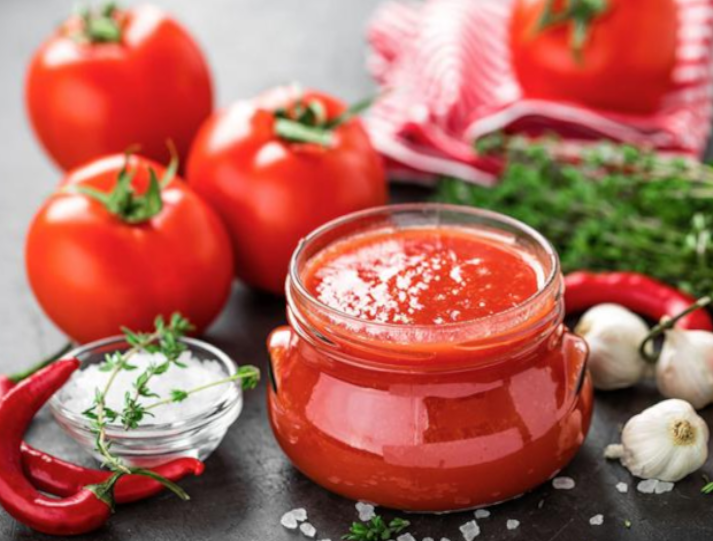
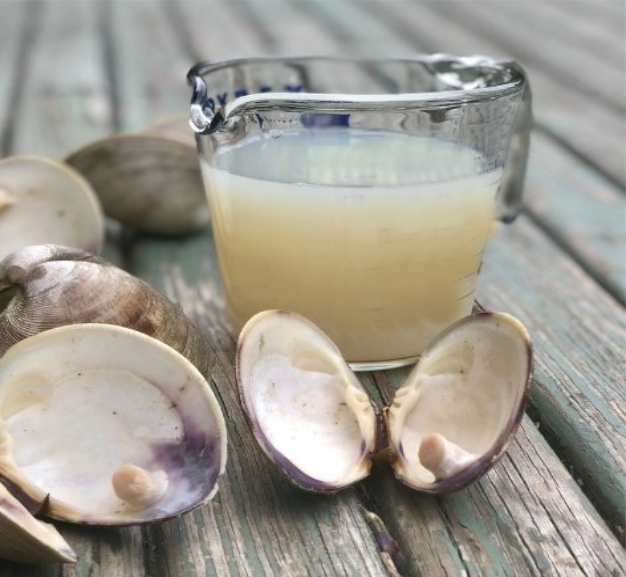
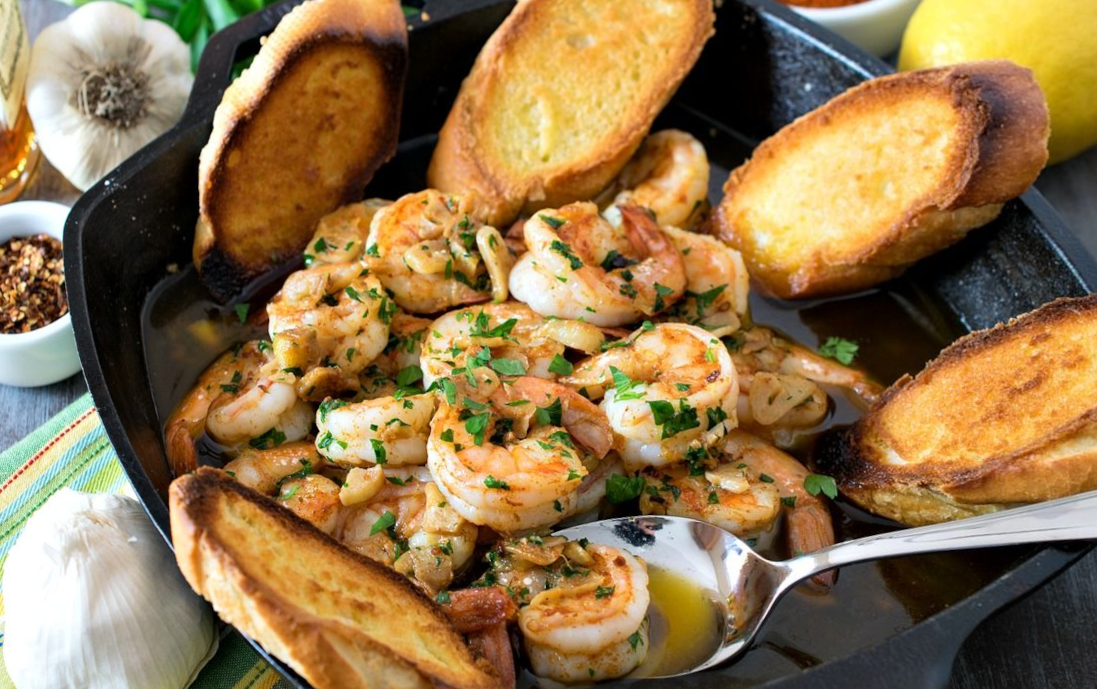

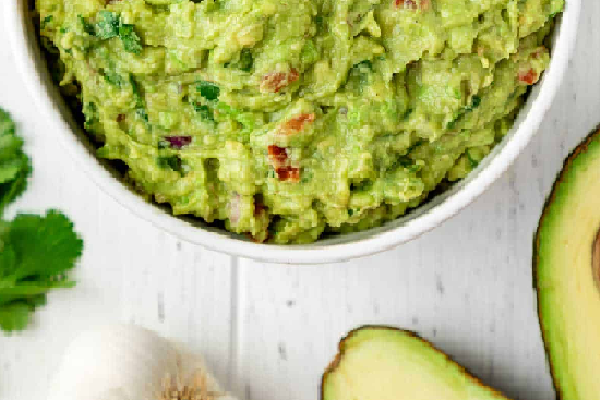
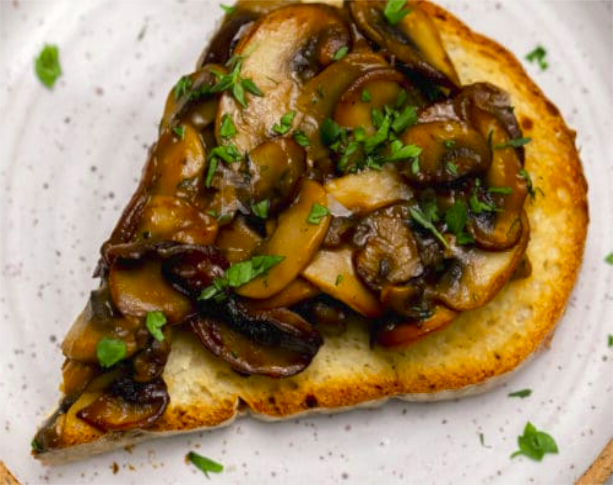
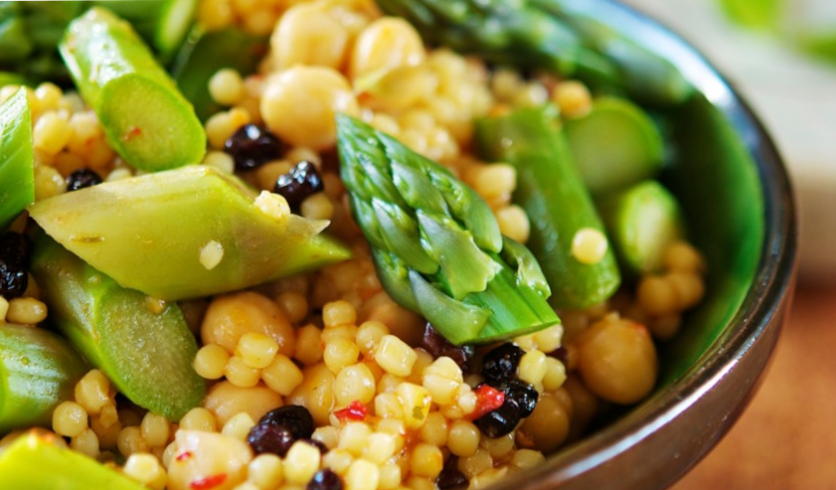
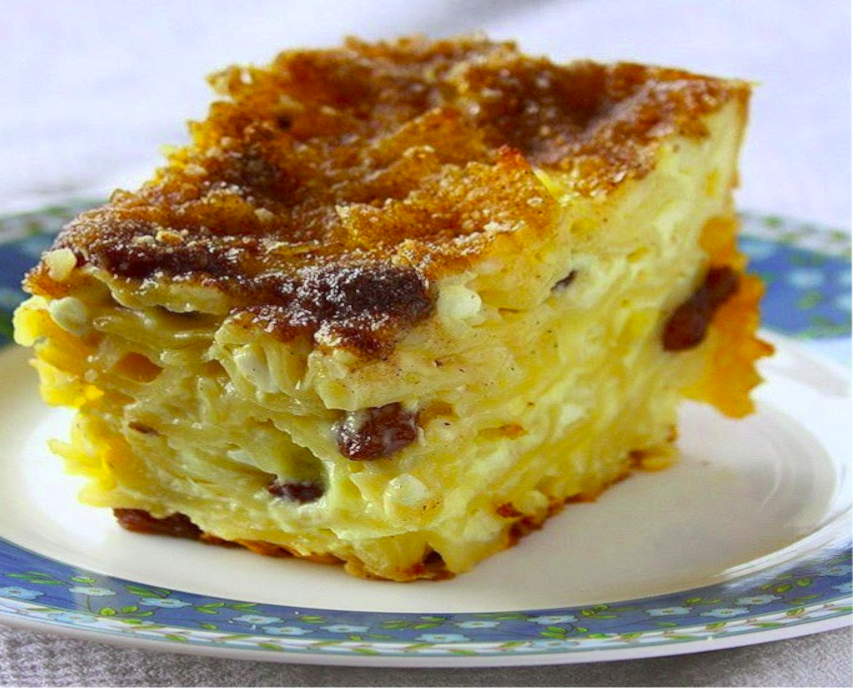
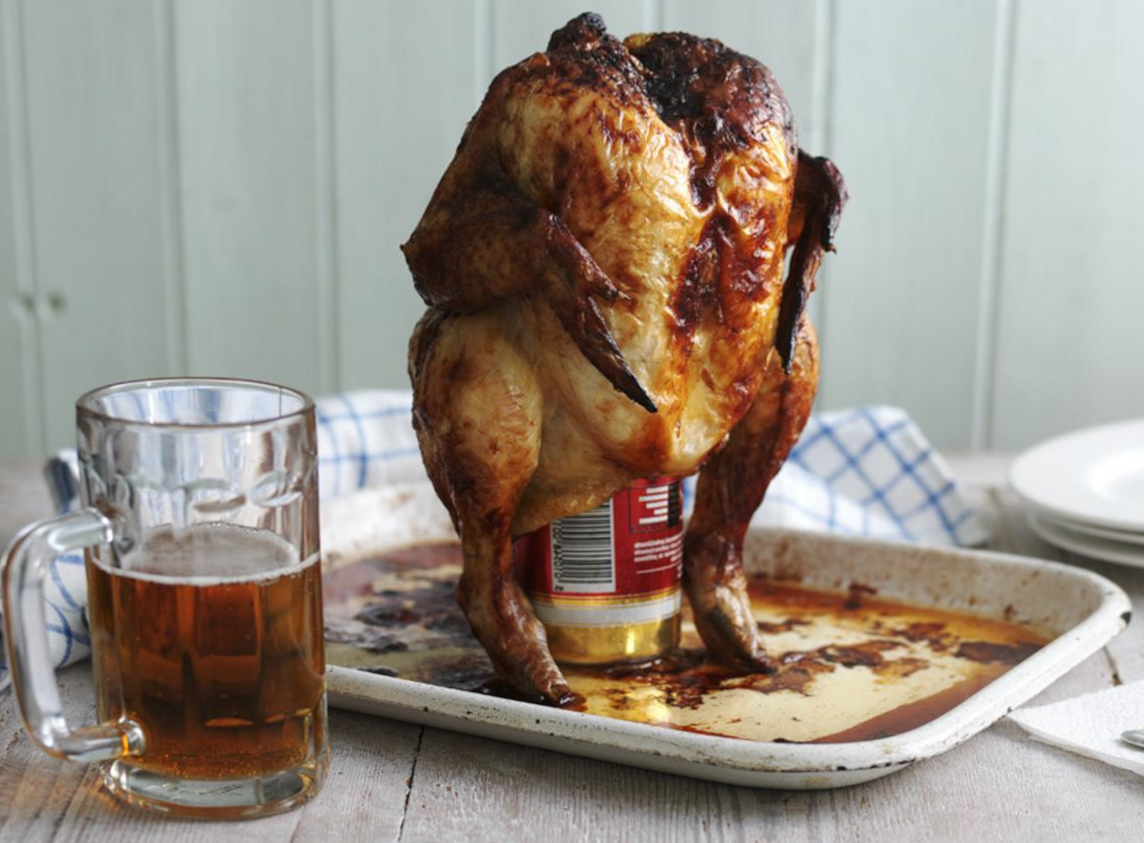





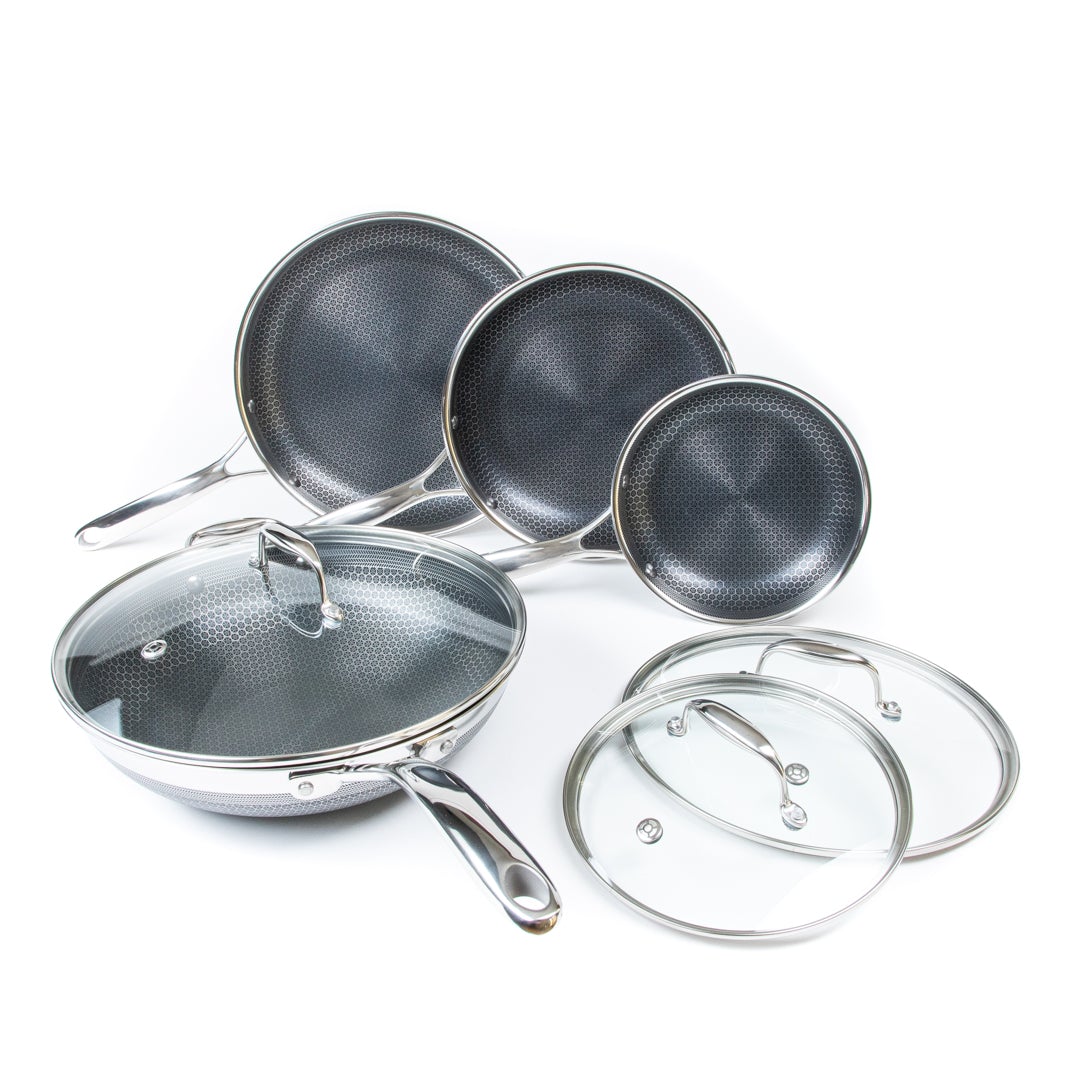
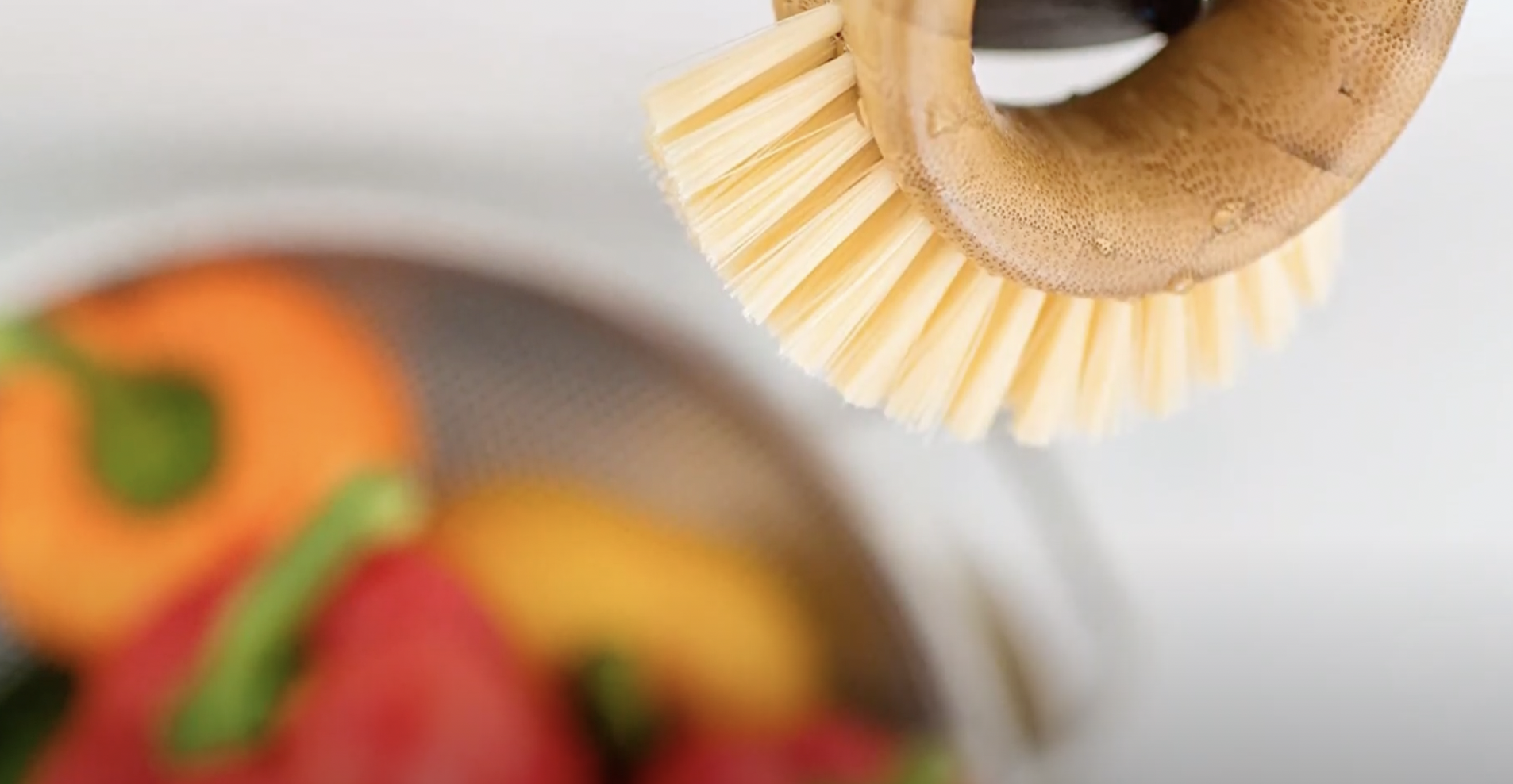

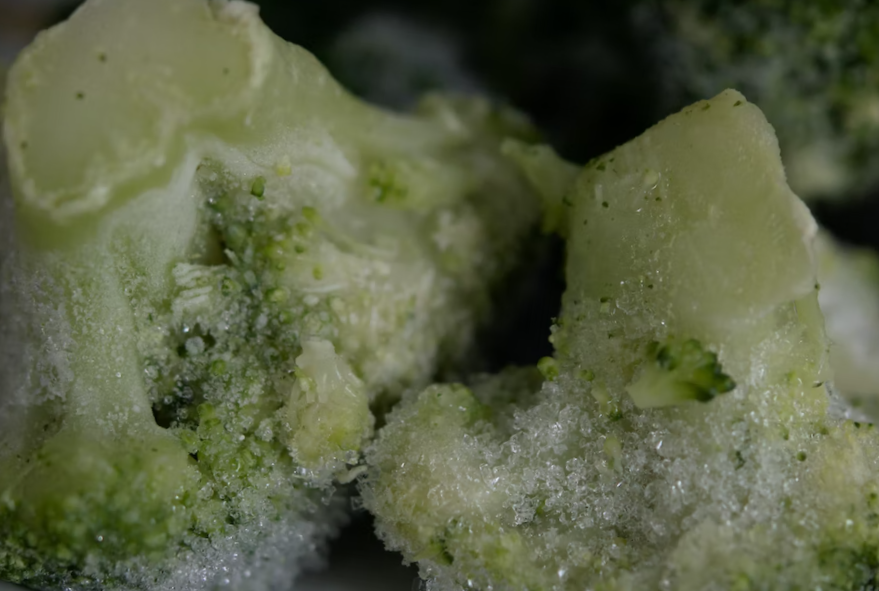


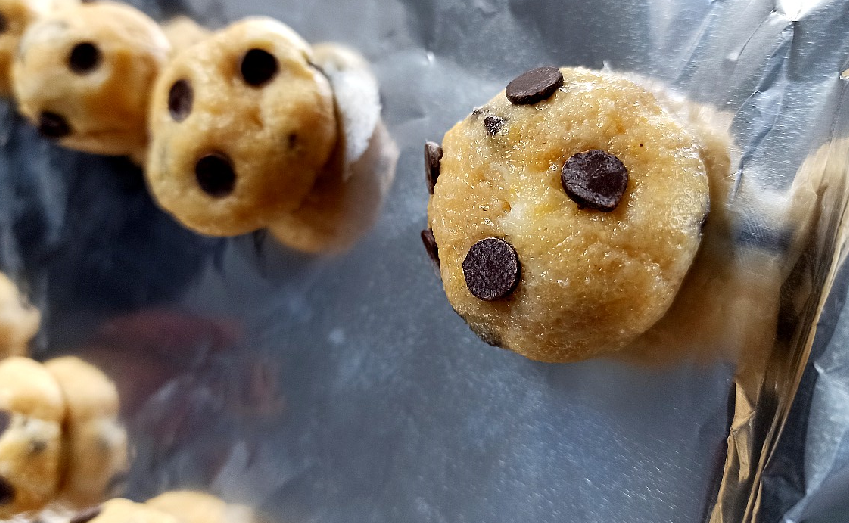
![Can you Cook Eggs in the Microwave? [Complete Guide]](/assets/images/c1f79d1cad59f18f9b5dc31403bd0eb2.png)
